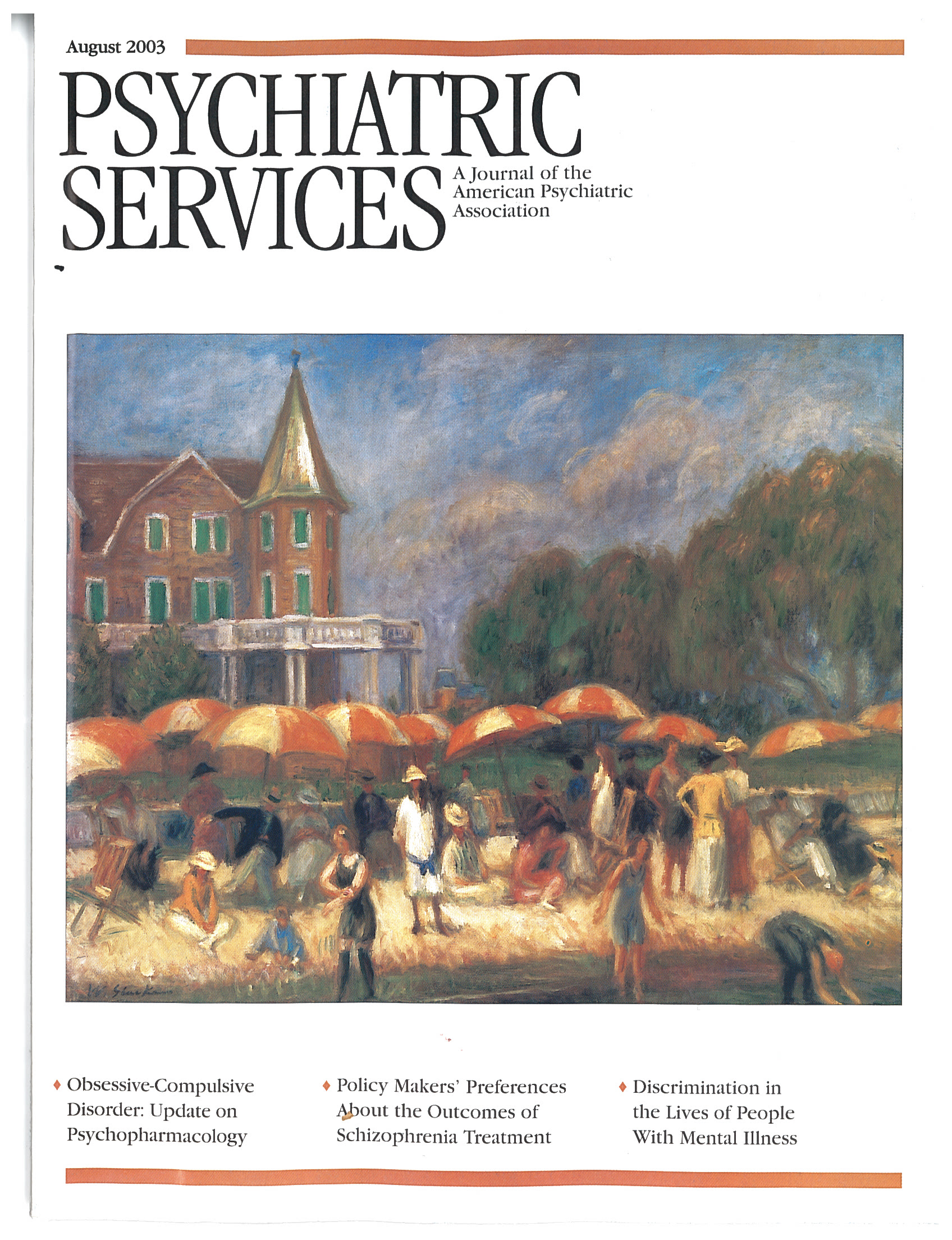In the spring of 2002, the Supreme Court put an end to the execution of mentally retarded persons, citing "evolving standards of decency" (
1). At first brush this phrase is puzzling. How could our sense of decency evolve? Isn't decency an absolute? Don't we all innately know what is decent and what is not?
Machinery of Death: The Reality of America's Death Penalty Regime, a compilation of testimonial essays brought together by death penalty lawyer David Dow and journalist Mark Dow, builds the case that the death penalty in any form is irrefutably and inexcusably not decent. The editors bring together the voices of lawyers, prison personnel, and relatives of murder victims to bear witness to the reality of the death penalty in America.
Christopher Hitchens sets the tone in the foreword by reframing the death penalty dilemma. He argues that the issue is not one of whether we execute innocent people (we do) but of when and how we will put an end to the death penalty altogether. He tells us of former Supreme Court justice Harry Blackmun's epiphany that the death penalty, linked as it is to human fallibility, is unworkable. Blackmun, he reports, was a staunch supporter of the death penalty through part of two decades before reversing himself with the memorable phrase, "I shall no longer tinker with the machinery of death." Why? Because "the inevitability of factual, legal, and moral error gives us a system that we know must wrongly kill some defendants."
The next 16 chapters show with shocking, heartrending, factual detail just how true this conclusion is. Each essay is thought-provoking and harrowing, delineating in case after case the inevitability of missteps of justice from the entrenched racial biases to the often abysmal representation available to the poor and disenfranchised.
The final two chapters, written by family members of victims, go one step further, arguing that even when there is no doubt of guilt, the death penalty is wrong. Bud Welch, whose daughter died in the Oklahoma City bombing, writes of the evolution of his own healing from raw anger with its desperate need for retaliation to his conviction that executing those who have wronged us only fuels hate and thwarts healing. Similarly, Renny Cushing, whose father was senselessly and violently murdered, writes, "The idea that I would be healed, that any murder victim would be healed, by inflicting pain upon … the family of a murderer is nonsense. Life is not a zero-sum game. My pain does not get eased by inflicting pain on another."
The book is intended as an exposé for a lay (nonlegal) audience. The intense subject matter sets it apart from other books of this genre. It does not make for light reading. Why should mental health professionals read this book? Certainly, far too many of our patients are on death row or at risk of being on death row, victims of their own untreated psychosis (although the book does not address this directly). However, I believe we need to read this book for a more compelling reason. As mental health professionals, we deal with life stories and with helping people survive emotional insults and atrocities; we struggle with the difficult reality that the deepest psychic injuries are those human beings inflict upon one another. Is this an absolute of the human condition, or is there some hope that we may someday outgrow man's inhumanity to man? In the crucible of the machinery of death, our thinking about human decency is challenged to evolve.

